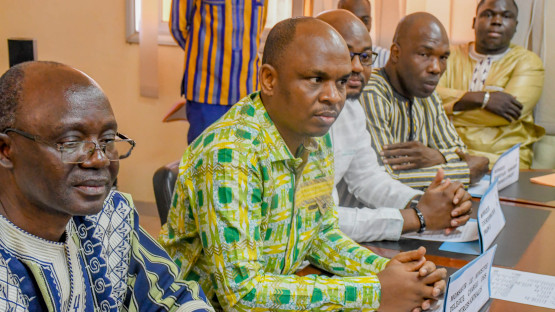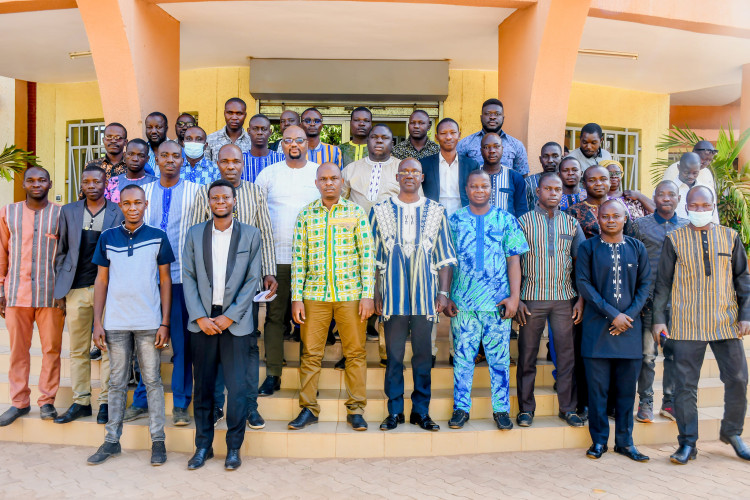Scientists in Burkina Faso have been trained in biosafety practices in the latest of almost 20 courses delivered under the IAEA’s Zoonotic Disease Integrated Action initiative, or ZODIAC. The courses, delivered over the last two years, were designed to build the capacity of veterinary laboratories, and were implemented through the IAEA technical cooperation programme and Joint FAO/IAEA Centre of Nuclear Techniques in Food and Agriculture. To detect and track the outbreak of zoonotic diseases, scientists at veterinary laboratories collect, transport and process samples that can potentially contain zoonotic pathogens, such as bacteria or viruses.
By following established procedures for the collection, transport, processing, analysis and storage of samples, scientists can better protect people and the environment from zoonotic diseases, which can be potentially transmitted from infected animals to humans. Zoonotic diseases like COVID-19, Ebola and monkeypox can spread quickly from person to person, underscoring the importance of maintaining high standards of biosafety practices.
“I welcome this initiative to ensure the safety and security of veterinary laboratories. I hope that participants will follow the training with interest and gain valuable professional competencies for the performance of their duties,” said Minister Delegate for Animal Resources of Burkina Faso, Amadou Dicko, in his opening remarks at the training course.
Lectures and interactive sessions, moderated by national experts from the Health Sciences Research Institute and the Department of Medical Biology Laboratories of Burkina Faso, gave course participants a comprehensive overview of biosafety and biosecurity considerations for veterinary laboratories. The training covered each stage of analysis, from sampling and transport to storage and waste management. Scientists built practical skills on a variety of areas, including the use of personal protective equipment and how to manage biomedical waste and potential spills.






